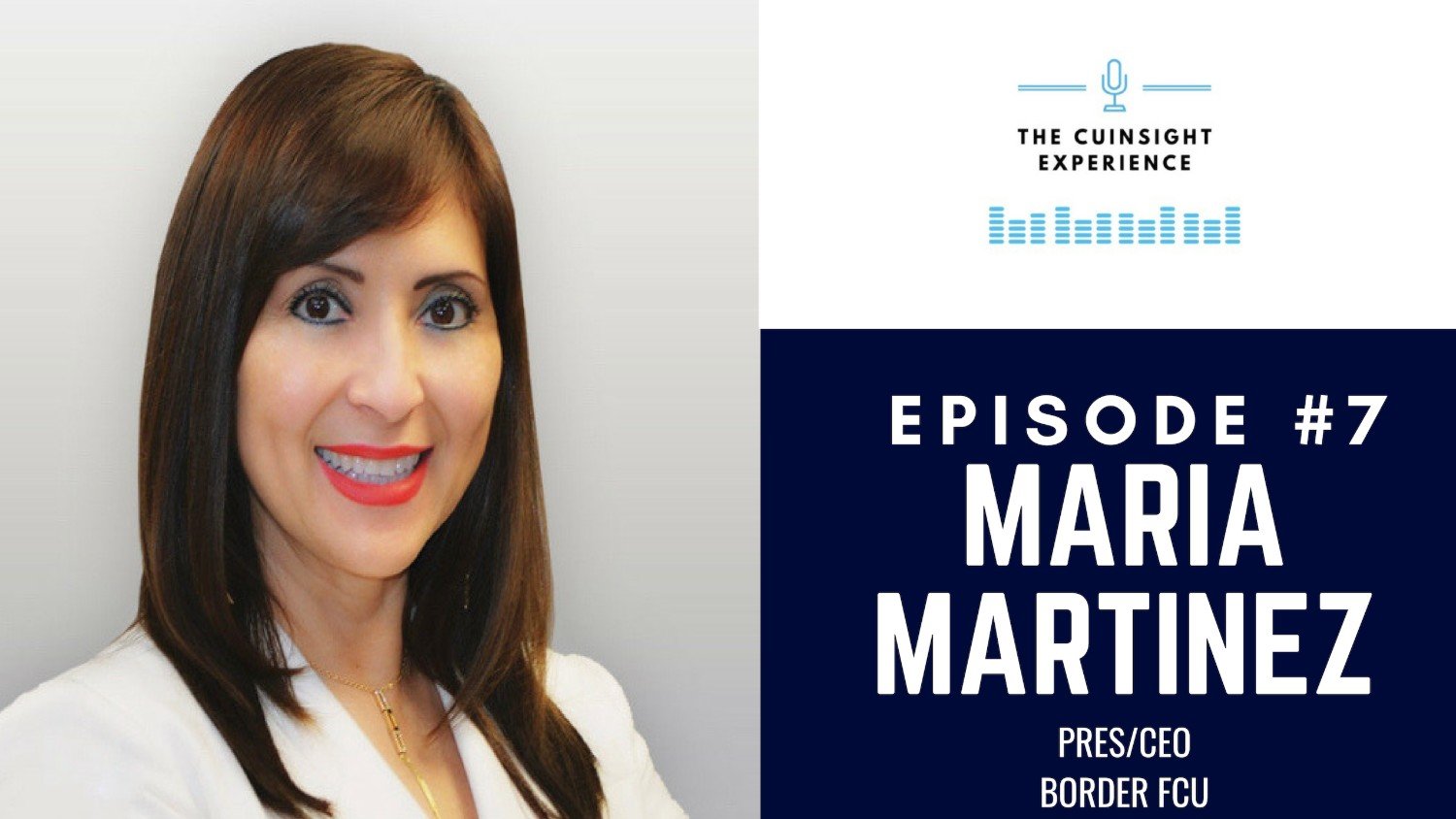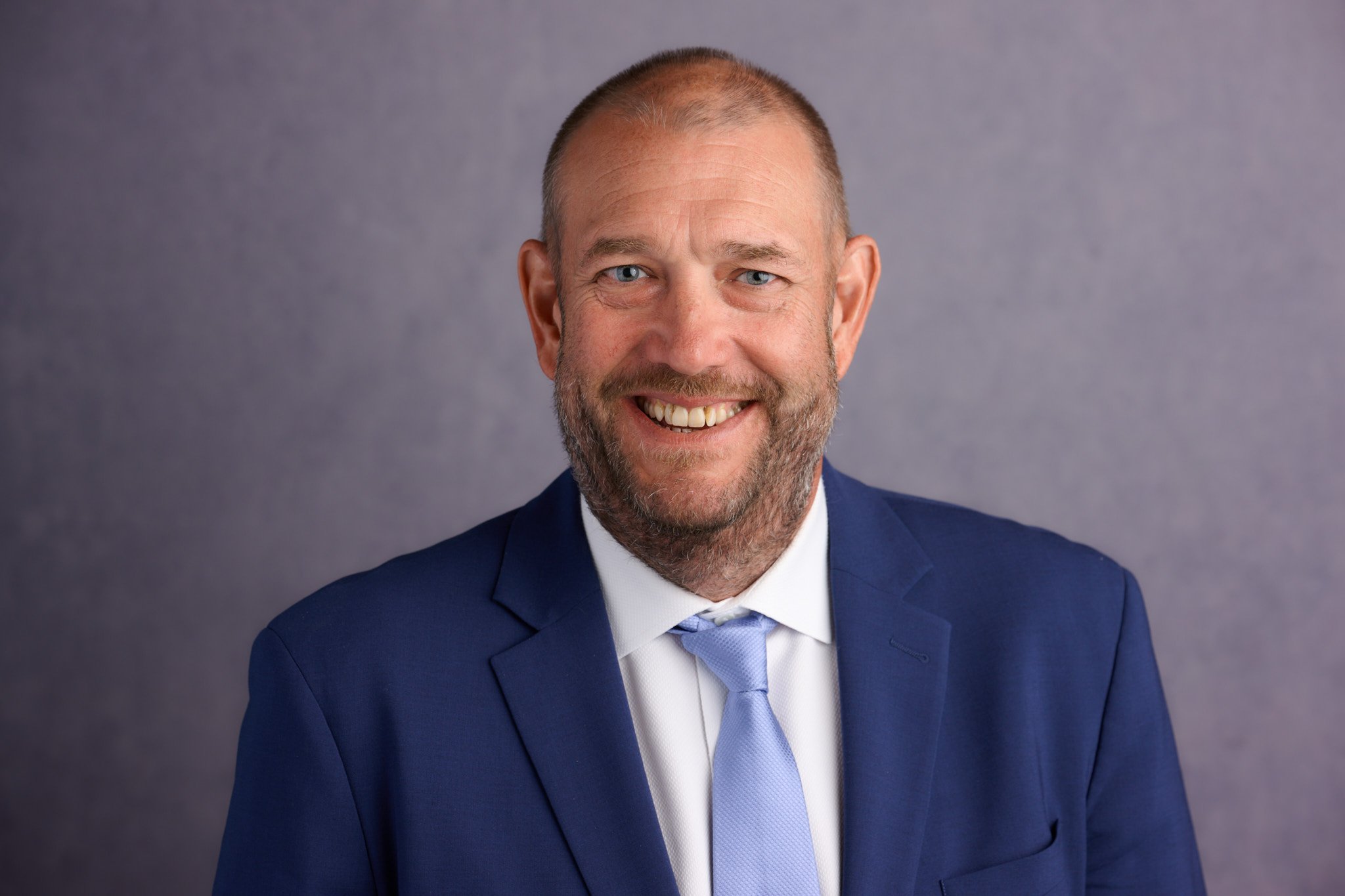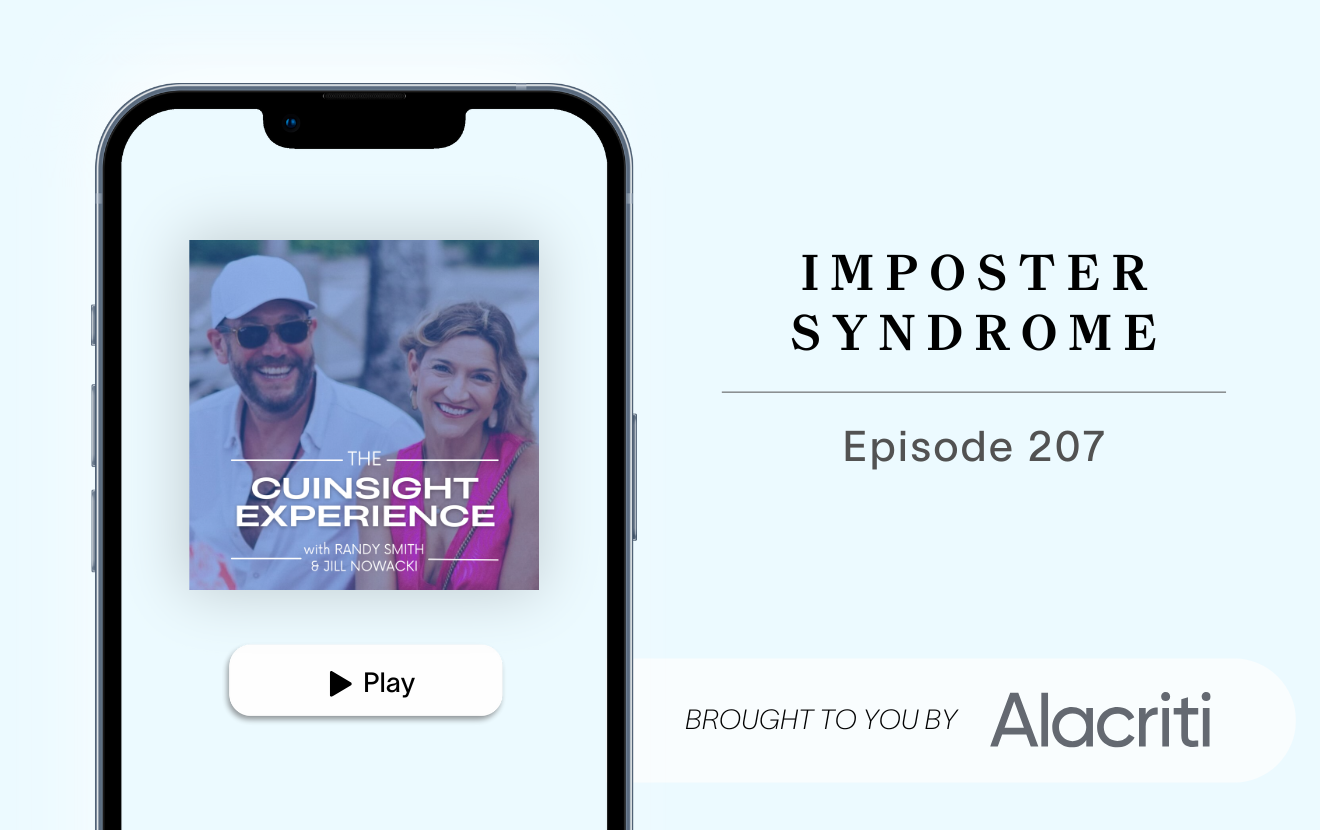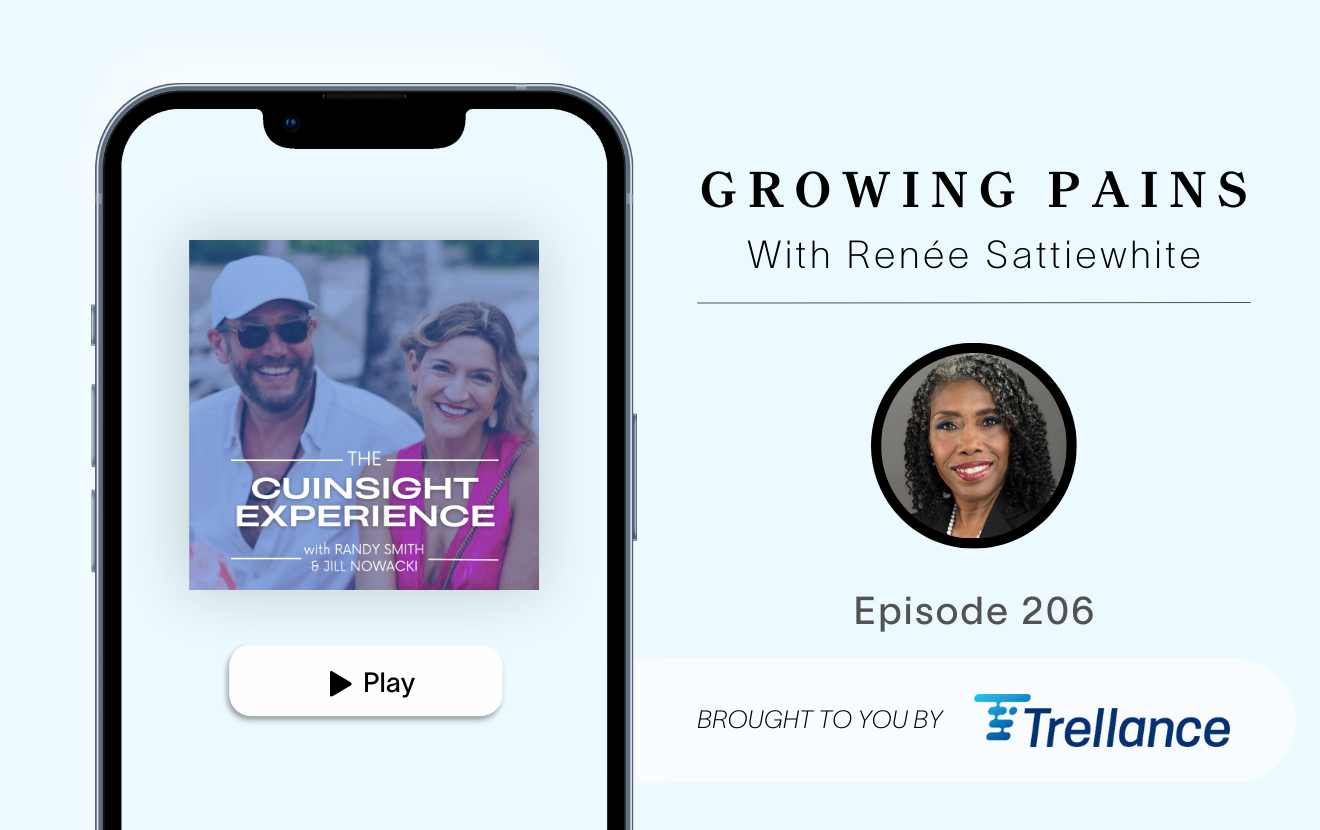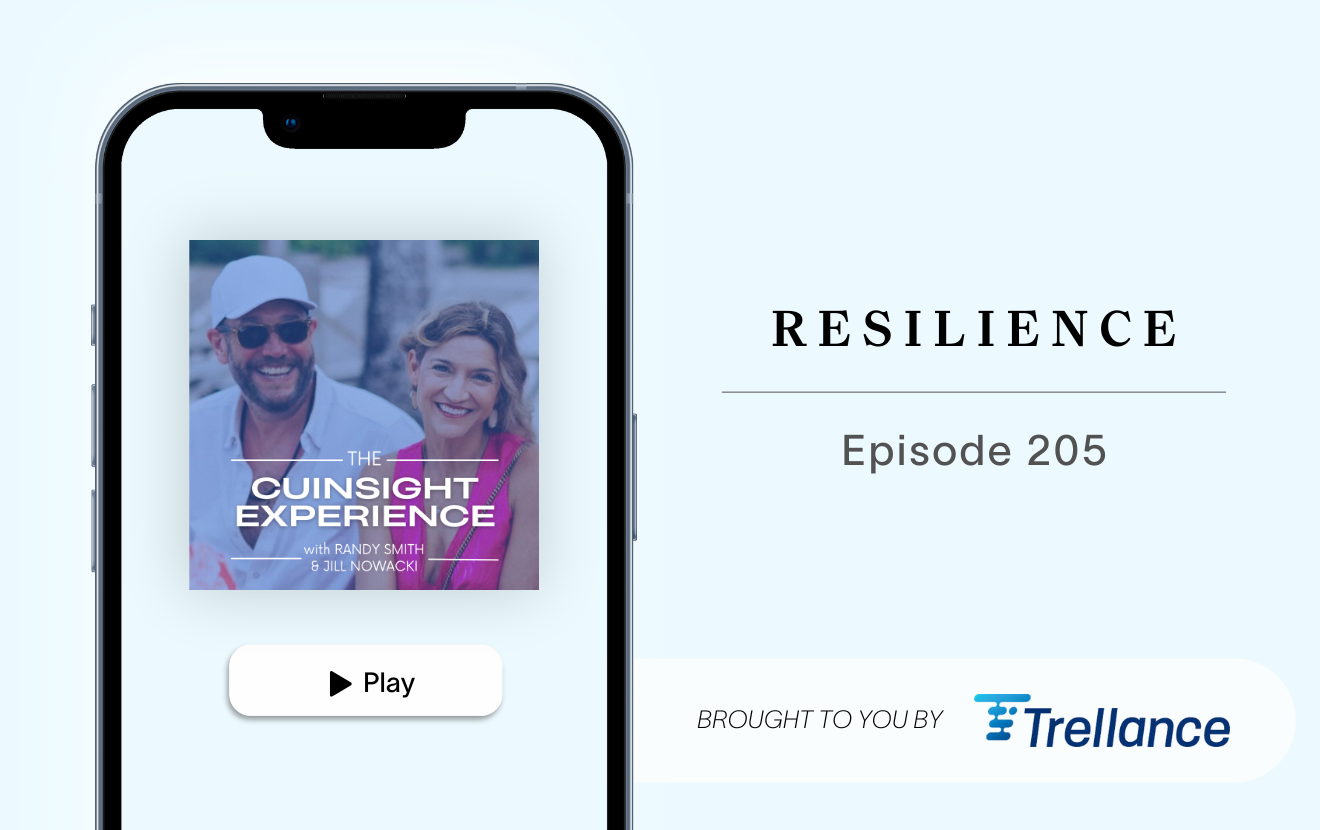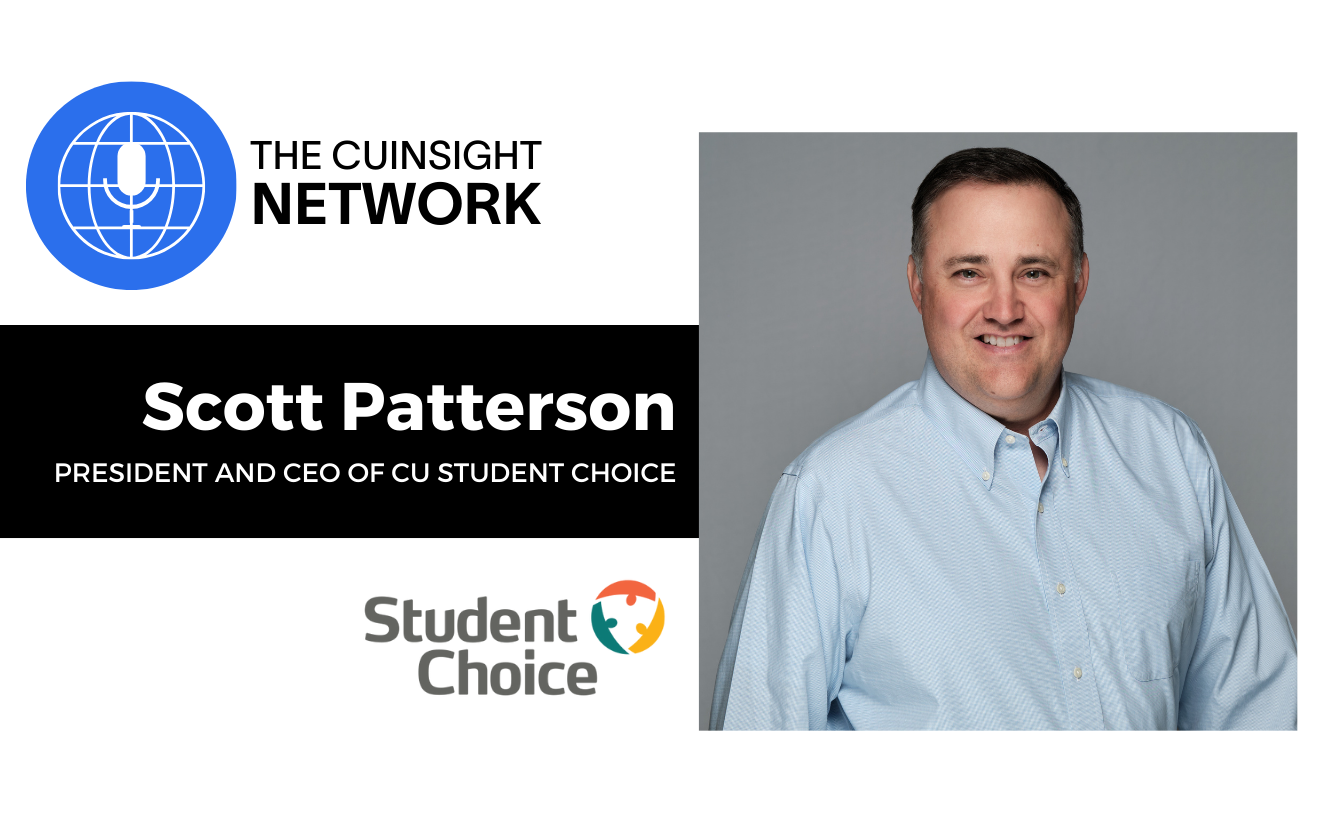Welcome to episode seven of The CUInsight Experience podcast. Hosted by Randy Smith, co-founder and publisher of CUInsight.com. Our guest this week is Maria Martinez. Maria is the president and CEO of Border Federal Credit Union, headquartered in Del Rio, TX, serving 13 Texas counties. Maria is currently on the CUNA Board of Directors and a proud Credit Union Development Educator (CUDE). She has been in the credit union industry for over 28 years, 20 of those years as BFCU's President/CEO. You really need to check out Maria’s bio to see the depth of her passion for credit unions. The best one I found is here (you’ll notice there’s not enough page for her accomplishments if you scroll to the bottom).
The goal of The CUInsight Experience is to dive deeper with the people of the credit union community and find gems from their experiences that add value to all of us. In each episode we have wide ranging conversations with thought leaders from around the credit union community. What issues are facing credit unions? What are they working on to help? What leadership lessons and life hacks have they learned along the way? What’s the greatest album of all time? These questions and more will be asked and answered.
In this episode we discuss the path Maria took to get where she is today. How serving the underserved and hispanic community has been a lifelong passion. We also touched on the importance of Border FCU in the community. Our conversation about engaging and educating young people was the perfect lead in to the leadership and life hacks section of the show. And as always we wrapped it up with the rapid fire questions to get to know Maria a little more.
Listen to the full episode and check out below for the show notes and to read the full transcript. This was a fun conversation. If you listen all the way through you’ll find out why Maria wishes she could clone herself and why her husband may be against it. I really enjoyed recording this episode. I hope you enjoy listening to it too.
Subscribe on: Apple Podcasts, Spotify, Google Podcasts, Stitcher
How to find Maria:
Maria Martinez
President and CEO of Border Federal Credit Union
mmartinez@borderfcu.com
www.borderfcu.com
Twitter | Linkedin
Show notes from this episode:
Network of Latino Credit Unions & Professionals Annual Networking Reception at GAC
White paper: Achieving Latino Mobility by Scott Astrada and Gwyn Hicks
Credit Union Development Education (CUDE) program (Maria and I are both DEs. You should be too.)
Maria's 2017 Foundation Wegner Award for Outstanding Individual Achievement video
Come hang out with Maria and I at this year's NCUF Dinner presenting the Herb Wegner Awards
Make sure to read Maria's full bio here (couldn't even scratch the surface of her accomplishments)
Favorite album of all-time: Michael Buble - It's Time
Book mentioned: Who Moved My Cheese by Spencer Johnson
Find all past episodes of The CUInsight Experience here.
Full episode transcript:
Randy Smith: Hello boys and girls of credit union land and welcome to this seventh episode of The CUInsight experience. My name is Randy Smith. I am one of the co-founders and the publisher of CUInsight.com and it's my job on the show to have conversations with the best and the brightest from around the credit union community to pick their brains and hopefully find a few nuggets that we can all learn from. My guest today is Maria Martinez. She is the president and CEO of Border Federal Credit Union. I was looking forward to this conversation with Maria. I've watched from afar at all the great work she's been doing around credit unions, but we really had never had that chance to meet and have an in depth conversation, so that's what we're going to do on the show today. When I was asking people who I should have as a guest on the podcast over and over and over again I kept hearing Maria's name, so I was very thankful that she agreed to be on the show with how busy her schedule is. We talked about a wide range and it doesn't really even scratch the surface of her accomplishments, so make sure you do check out her bio. We talked about Maria's path that she's taken to get where she is today. We talked about the credit union serving the underserved and her work in the Hispanic market. We talked about mentoring and the future and the importance she puts on education and financial education specifically with the youth and her community. That leads so well into the leadership and life hack section. And then as always we wrapped it up with the rapid fire questions to get to know Maria a little bit more. You'll even find out, much to her husband's chagrin, why she'd like to be cloned. Without further ado, I give you my conversation with Maria Martinez. Enjoy.
Randy Smith: Hi Maria. Thank you very much for being on this episode of The CUInsight Experience. I've been looking forward to this conversation, so I appreciate you taking the time out of your busy day.
